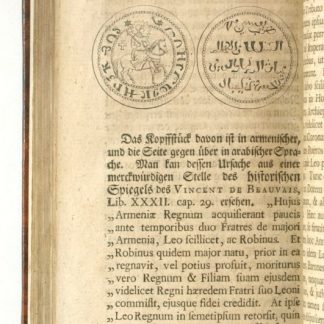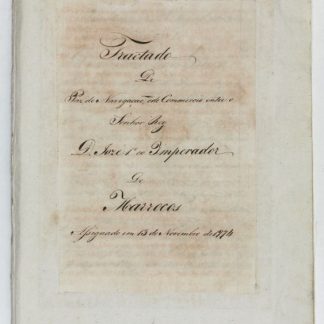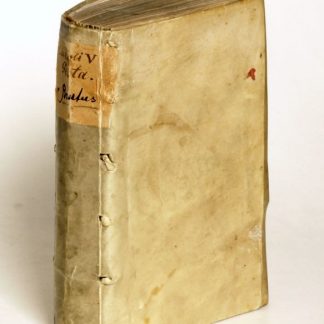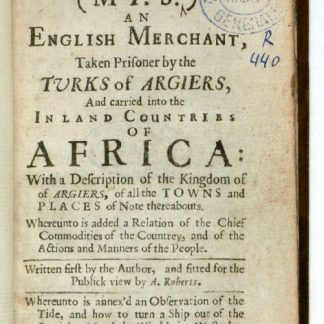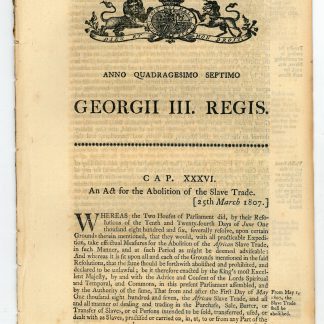"The Purchase, Sale, Barter, or Transfer of Slaves [...] is hereby utterly abolished, prohibited, and declared to be unlawful"
Anno Quadragesimo Septimo Georgii III. Regis. Cap. XXXVI. An Act for the Abolition of the Slave Trade.
Large 8vo (292 x 184 mm). 317-326 pp. Disbound.
€ 2,500.00
Rare official publication of the British parliamentary act which abolished the slave trade, known as the Slave Trade Act of 1807. Though abolition would not come for another twenty years, this was a landmark case in British history, and the history of the abolition of slavery and the trade of enslaved persons. The act, passed on March 25th, states that upon the 1st of May, "the African Slave Trade, and all and all manner of dealing and trading in the Purchase, Sale, Barter, or Transfer of Slaves, or of Persons intended to be sold, transferred, used, or dealt with as Slaves, practiced or carried on, in, at, to or from any Part of the Coast or Countries of Africa, shall be, and in the same is hereby utterly abolished, prohibited, and declared to be unlawful." The parliamentary alliance which made the legislation possible was led by the famous abolitionist William Wilberforce (1759-1833), who had been pushing for anti-slavery legislation since the 1790s. The 1807 Act focused not only on making the slave trade illegal for citizens of the British Empire, but attempted to use the long arm of British naval power to ensure that the practice was not simply taken up by other countries. It additionally banned British citizens at home or in the colonies from building or outfitting slave ships, and taking part in the removal of people, with the aim of enslavement, of "any of the Subjects or Inhabitants of Africa, of any [...] Place in the West Indies, or any other Part of America whatsoever," and set the penalties, usually a fine per enslaved person and/or forfeit of the perpetrators' ship, for breaking the laws. A historic document in human history.
Disbound from a volume of parliamentary papers. A good copy.



